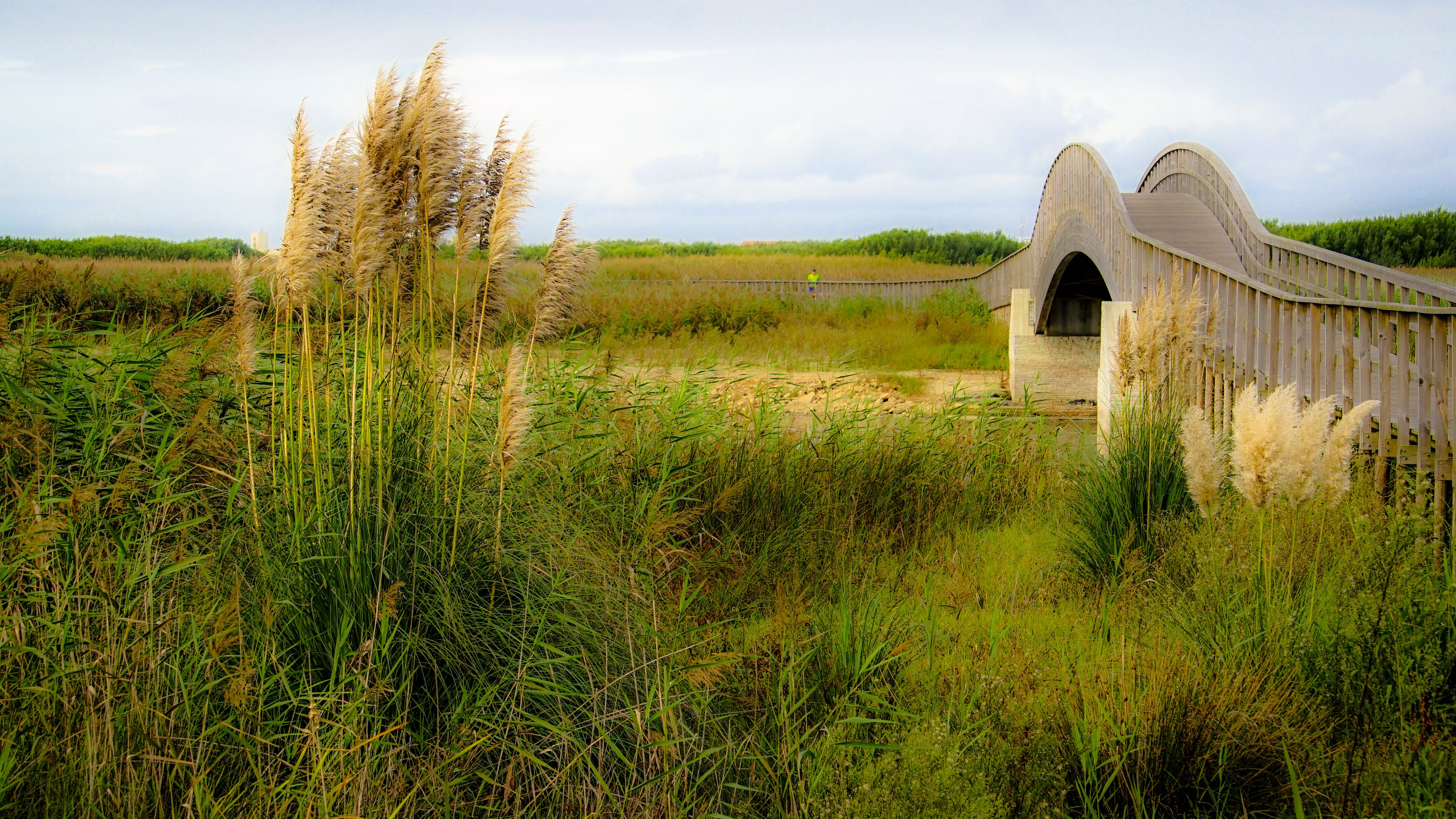Polis Litoral Ria de Aveiro said Thursday that the occasional floods that still occur on agricultural land in Ovar after the work carried out by that company are due to the limitations imposed on the project to preserve plant habitats.
Polis’s position was communicated to Lusa after being questioned about the criticism that Ovar’s PCP made last week to the intervention carried out in the Marina area.
The PCP alleges that, after the sediment transposition works to optimize the hydrodynamic balance of the area, “agricultural land continues to be flooded by brackish water, destroying its production; the roads are still flooded by the waters of the estuary, making it difficult to access some homes and even, in extreme situations, isolating some homes for hours; and many houses remain under threat of flooding.”
An official source from the Polis stated that, despite the existence of water overflows “at specific moments”, overall, “the intervention significantly improved the protection of several lands in that area”.
According to this entity, in the specific areas of Marinha and Tijosa, the dredging project carried out for some 850,000 euros “between 2019 and 2020” involved “canal dredging, repulsion, modeling of protection motorcycles and construction of containment palisades ”. , with the respective deposition of sediments on the banks.
However, part of the initial project remained to be carried out, after the risks detected in the evaluation of the environmental compliance of the procedure by the commission formed by the Portuguese Environment Agency (APA), the Institute for the Conservation of Nature and Forests (ICNF), General Directorate of Cultural Heritage of the DGPC), National Energy and Geology Laboratory, Baeta Neves Center for Applied Ecology and the Center’s Regional Coordination and Development Commission (CCDR-C).
The extension of the motorcycles, in order to create a continuous barrier towards the land, was not approved by the Evaluation Committee on the grounds that it ‘would irreversibly affect the areas occupied by the plant communities that constitute Habitat 1410 — Mediterranean salt meadows (Juncetalia maritimi) , which serve as a habitat for several species of flora and fauna of interest for nature conservation’”, Polis pointed out.
For this institution, what is important to point out, however, is that the Polis implemented in Marinha and Tijosa “more than eight kilometers of protection motorcycles”, so that, even with occasional flooding at the peak of high tides, the work resulted in the possible balance between, “on the one hand, the need to protect people and property and, on the other hand, [a necessidade] to maintain those habitats.”
Source: Observadora
